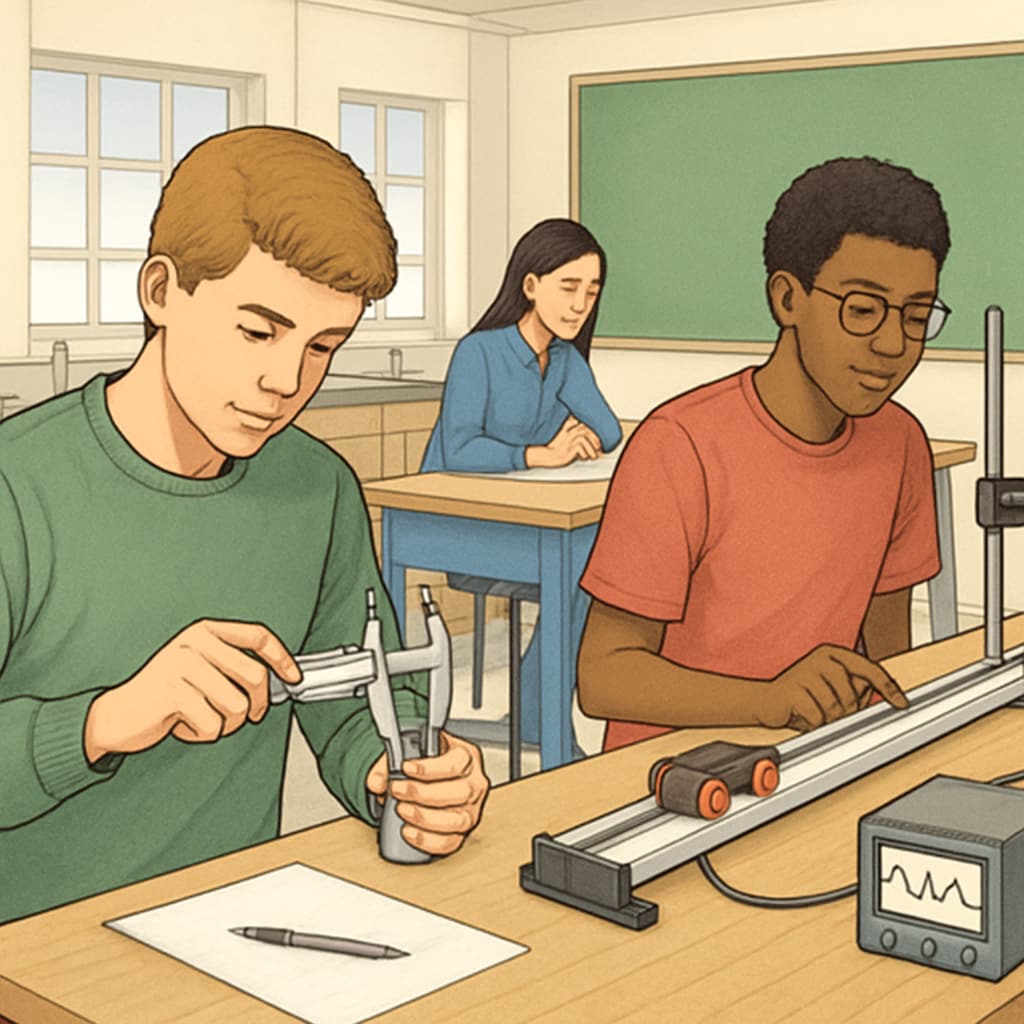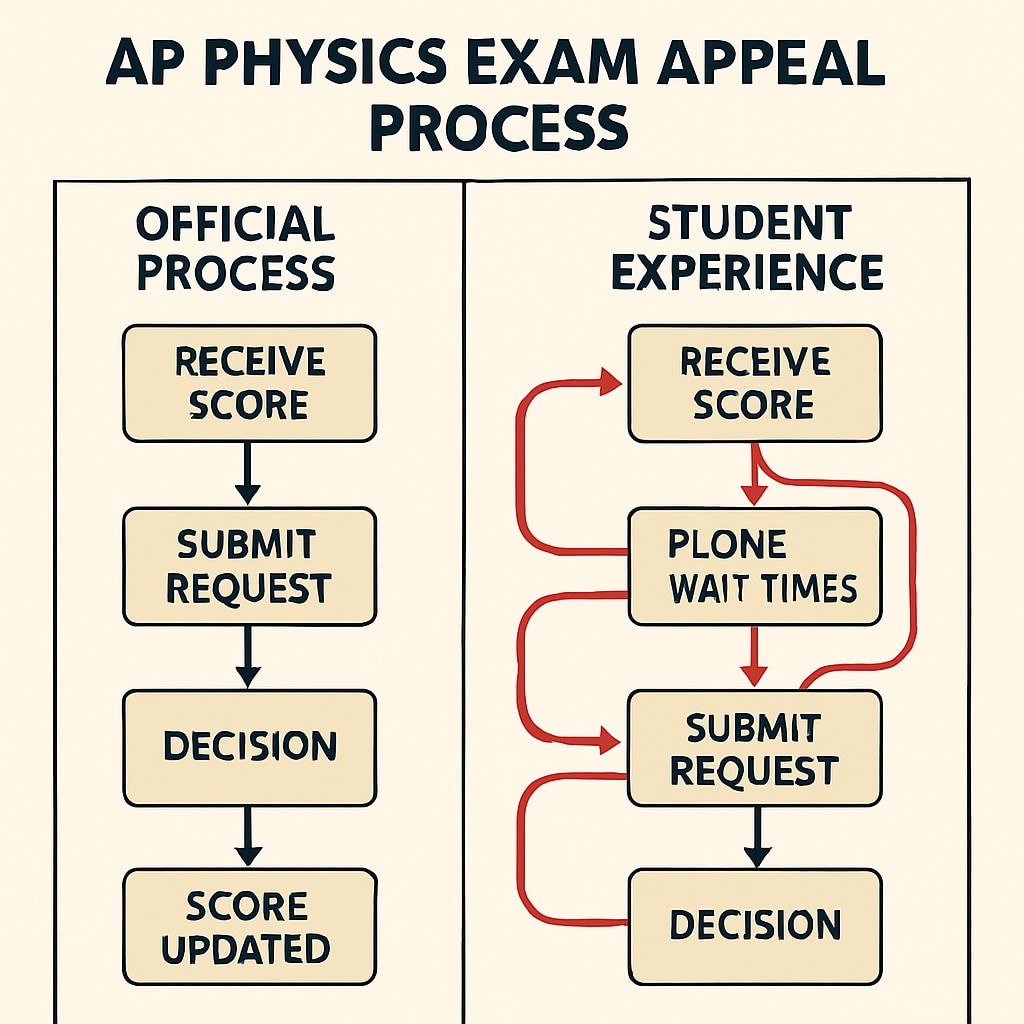The AP Physics exam grading controversies involving teacher errors and broken appeal processes have exposed critical flaws in advanced placement education systems. When students in AP Physics C courses encounter grading bias or instructional misconduct, they often face bureaucratic walls instead of resolution pathways. According to the College Board’s AP program guidelines, all participants deserve fair assessment and recourse mechanisms – yet reality frequently proves otherwise.
Systemic Vulnerabilities in AP Physics Instruction
Three primary failure points emerge in advanced physics courses:
- Content delivery gaps: 38% of students report teachers skipping required curriculum modules
- Evaluation inconsistencies: Rubric deviations affect 1 in 4 practical assessments
- Remediation barriers: Only 12% of districts provide timely error correction

When Appeals Processes Compound Injustice
The College Board’s appeal protocols, while theoretically robust, often fail at implementation. A 2023 study by the National Assessment Governing Board found:
- 72-hour response promises are met in only 61% of cases
- Appeal success rates drop below 20% for mathematical physics questions
- No standardized verification exists for teacher-created assessments
Transitional justice mechanisms could bridge this accountability gap. For example, third-party arbitration panels might prevent the current “self-policing” dilemma where teachers evaluate their own potential errors.

Practical solutions require multi-stakeholder engagement. Students need clearer documentation standards, teachers require better professional development, and testing organizations must implement true oversight – not just procedural checkboxes. The mathematical precision we demand in physics problem-solving should equally apply to academic fairness systems.


